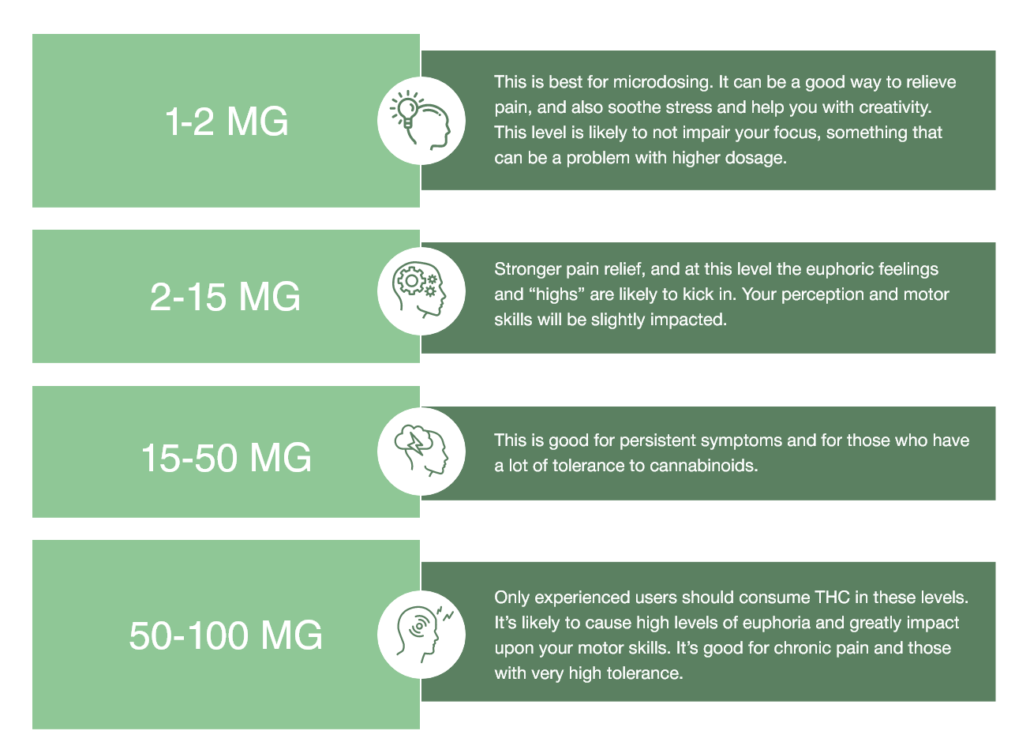How To Get Edible Out Of System
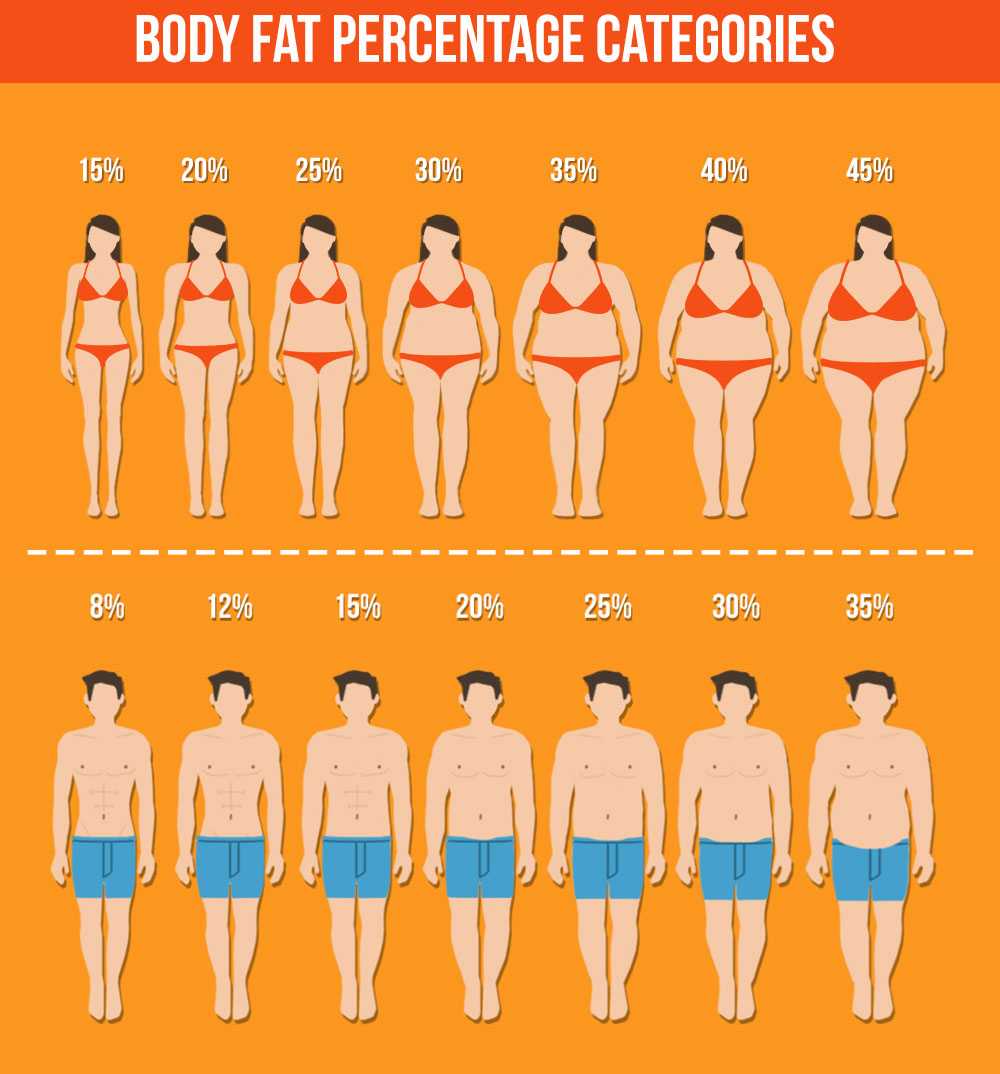
The delayed and often unpredictable effects of cannabis edibles can lead to a common concern: how to expedite their departure from the body. Understanding the metabolic processes involved and the factors influencing elimination is crucial for those seeking to manage the duration of these effects. This article delves into the science behind edible cannabis metabolism and explores various strategies, backed by research and expert opinions, to potentially influence the rate at which the body processes and eliminates cannabinoids.
The lingering effects of edibles can induce anxiety or interfere with responsibilities, making it essential to explore methods for easing their passage. While complete and immediate removal is impossible, certain approaches may help support the body's natural detoxification processes and alleviate discomfort. This article will explore credible strategies, assess their effectiveness, and offer guidance on navigating the experience of overconsumption.
Understanding Edible Metabolism
When cannabis is ingested, the primary psychoactive compound, *THC*, undergoes a different metabolic pathway compared to inhalation. Inhaled THC directly enters the bloodstream, whereas ingested THC is first processed by the liver.
This hepatic metabolism converts THC into 11-hydroxy-THC, a compound that is often considered more potent and longer-lasting than THC itself. This difference in metabolism is a key reason why edibles have a delayed onset and prolonged effects.
The half-life of THC can vary significantly depending on individual factors such as metabolism, body fat percentage, frequency of use, and dosage. Individual metabolic rates are crucial when considering the elimination of THC.
Factors Influencing Elimination
Several factors can influence how quickly the body metabolizes and eliminates cannabis. These factors range from physiological characteristics to lifestyle choices.
Metabolic rate, influenced by genetics and overall health, plays a significant role. Higher body fat percentage can lead to slower elimination, as THC is fat-soluble and can be stored in adipose tissue.
Frequency of cannabis use also impacts elimination, with chronic users generally exhibiting longer detection windows compared to occasional users. Dosage is a critical factor; higher doses require more time for the body to process.
Strategies to Potentially Expedite Elimination (and Their Limitations)
While no guaranteed method exists to instantly eliminate THC, several strategies may help support the body's natural detoxification processes. Hydration is often recommended. Increasing water intake can help flush out metabolites through urine.
However, excessive water consumption can lead to electrolyte imbalances and is not a definitive solution for eliminating THC. Exercise can also play a role. Physical activity can help mobilize THC stored in fat cells, potentially accelerating metabolism.
However, it's crucial to approach exercise cautiously, as releasing large amounts of THC into the bloodstream can temporarily intensify psychoactive effects. Diet can also play a part. Consuming a balanced diet rich in fiber can support liver and kidney function, aiding in waste elimination.
Certain foods, like those high in antioxidants, may support liver health, but their direct impact on THC elimination is limited. Some sources promote the use of detox kits or supplements.
However, these products are often unregulated, and their effectiveness is not scientifically proven. It is crucial to approach such products with caution and consult a healthcare professional before using them.
Expert Perspectives
Medical professionals emphasize the importance of allowing the body to naturally process cannabis. There is a general consensus that "detox" products may not be effective or safe.
Dr. Sarah Thompson, a leading toxicologist, states, "The liver and kidneys are designed to eliminate toxins naturally. Supporting these organs through hydration and a healthy diet is generally the best approach."
Cannabis researchers highlight the variability in individual responses. Individual responses vary depending on a persons unique metabolism. Some people might naturally metabolize THC faster than others.
Managing Overconsumption and Discomfort
If experiencing adverse effects from edibles, focus on managing symptoms rather than solely on eliminating THC. Find a calm, quiet environment to minimize sensory overload. Focus on reducing stress and anxiety.
Deep breathing exercises and mindfulness techniques can help manage anxiety and promote relaxation. Consuming foods that are high in sugars and carbohydrates can also help regulate blood-sugar, if you suspect the negative side effects are from a sugar low.
Consider having a trusted friend or family member present for support and reassurance. The body's natural process for expelling toxins will be sped up by focusing on support.
The Future of Cannabis Metabolism Research
Ongoing research is exploring the complexities of cannabis metabolism and individual variations. Scientists are investigating genetic factors that influence THC metabolism.
Advances in personalized medicine may one day allow for tailored strategies to optimize cannabis metabolism and minimize adverse effects. Future research is needed to confirm the potential of specific interventions. More study is needed to understand the long-term effects of cannabis edibles.
Until then, a cautious approach to edible consumption, combined with a focus on overall health and well-being, remains the most prudent strategy. This approach ensures that people have access to adequate healthcare. A cautious approach ensures the best possible outcomes.
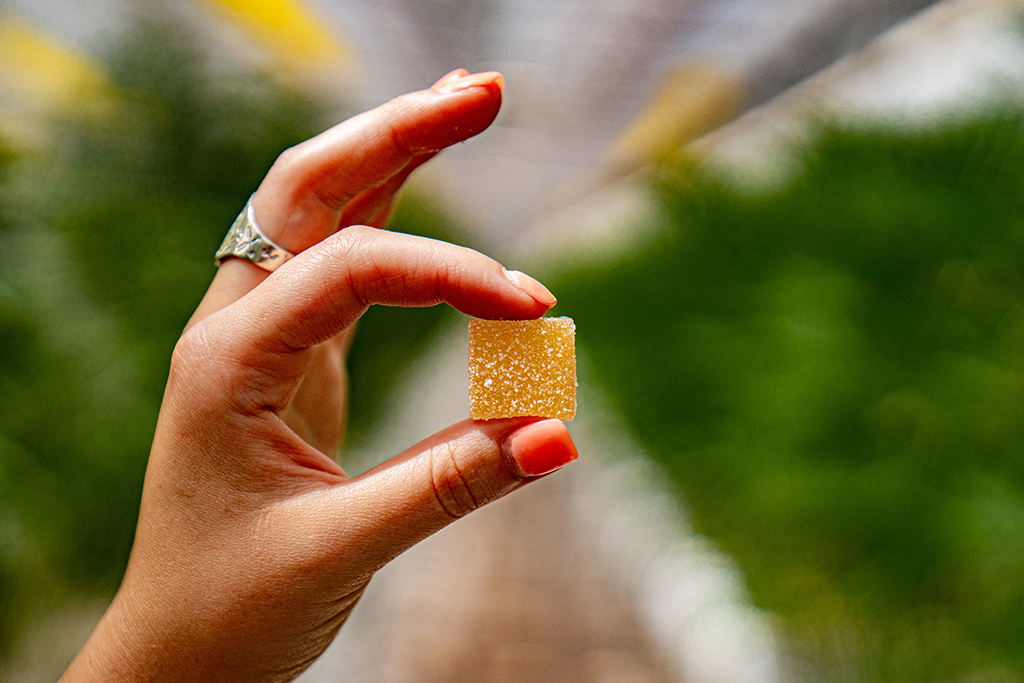

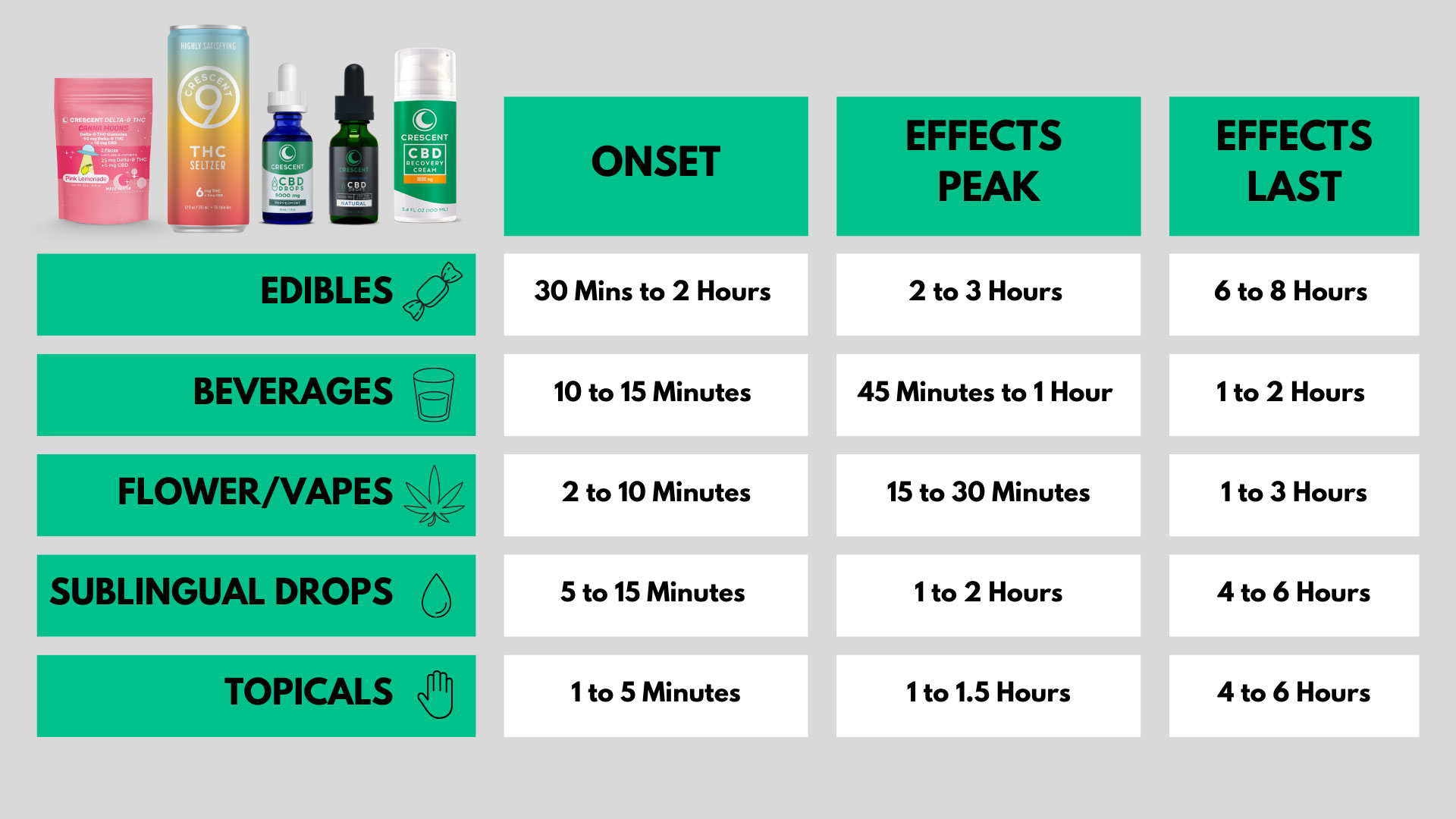
![How To Get Edible Out Of System How Long Do THC & Edibles Stay in Your System? [Precise Calculator]](https://greencamp.com/wp-content/uploads/2019/02/how-long-thc-stays-in-system-table.jpg)





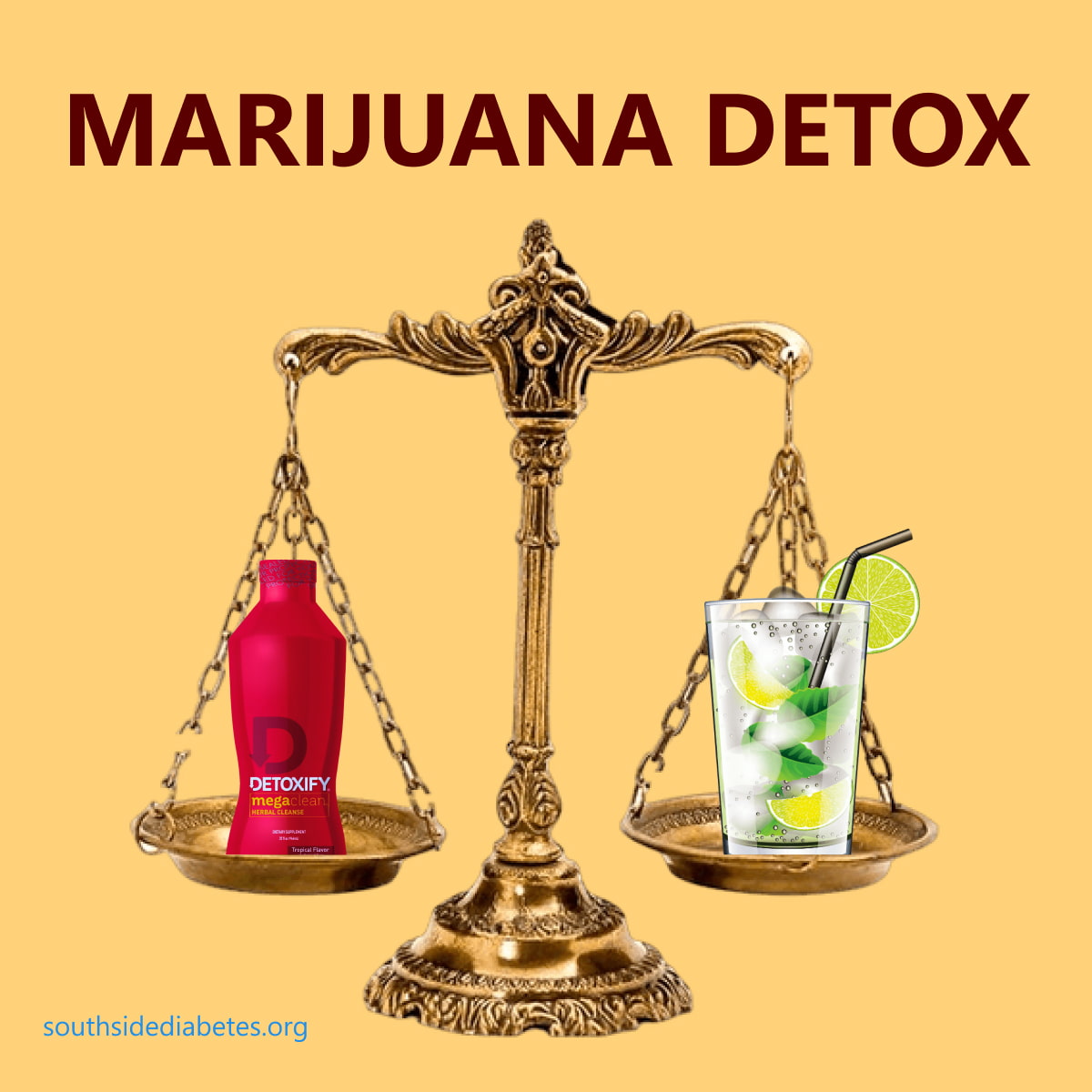
:max_bytes(150000):strip_icc()/VWH_Illustration_Signs-of-Binge-Eating-Disorder_Illustrator_Theresa-Chiechi_Final-aec6d4e1006a491b88715e5e6fa7da8e.jpg)


:max_bytes(150000):strip_icc()/VWH_Illustration_Considerations-for-Eating-Disorder-Recovery_Tara-Anand_Final-4a3e3f419ac24a04a93c36f4178a0f5f.jpg)



